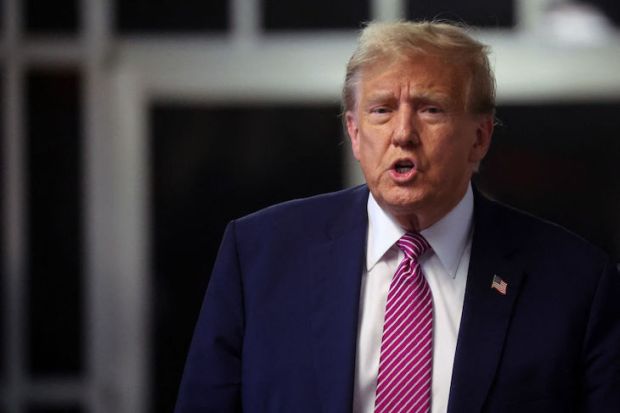The Tiverton and Wakefield by-elections are, of course, shatteringly bad for the Conservatives and Boris Johnson. They should finally destroy any illusions Conservatives hold about the PM’s electoral appeal. As I and several others have often pointed out, Boris is not a Heineken politician and hasn’t been one since the middle of the last decade.
Analysis of by-election results is often bad. In the minutes and hours after the result, commentators scramble to explain what local results mean for national politics, in a crowded field where political actors are doing their best to skew the narrative in their own interests. That being so, I’m not going to try to tell you what Tiverton and Wakefield mean for Johnson’s future or the next general election.
Instead, I’m going to suggest that the numbers from the by-elections aren’t the most important facts in British politics this week. Instead, the numbers that matter are 9.1 and 26.
The 9.1 is the current rate of inflation on the CPI measure. Twenty-six is the percentage of respondents in the Ipsos Mori Issues Tracker poll who spontaneously named ‘lack of faith in politicians’ as one of the most important issues facing the UK today.
That’s the highest level recorded by Ipsos Mori since ‘faith in politicians’ was added as an option in the survey in 2016. In other words, voters are more unhappy with politics as a whole now than they were through all those awful, deadlocked years of post-Brexit gridlock, and more unhappy than they were when people were dying in large numbers during the pandemic.
I don’t think it’s a big leap to suggest that the two numbers are linked. People are getting poorer in real terms, and politicians as a whole don’t appear to have a good response. Unless that changes, the real story of British politics isn’t going to be ‘Conservatives Down, Labour Up’ or whatever, not least because voters are generally far less interested in party politics than people who work in politics are.
Instead, the story is going to be ‘they’re all rubbish.’ Focusing on the (uncontestable) fact that Boris Johnson and the Conservatives are regarded as being significantly more rubbish than Keir Starmer and Labour is therefore to stare at a tree rather than see the whole wood. And that wood is a country where economic pain is combining with a lack of convincing political leadership of any sort to leave the public mood discontented and potentially volatile.
Such a mood makes big changes possible. The person who offers to break the current, unimpressive pattern of British politics could reap large rewards.
It could well be that the biggest political winner of this unhappy period is not yet visible. A new leader who emerges to offer a bit of optimism to the electorate could do surprisingly well, and widen the range of possible outcomes for the next election.
That winner could emerge from the current establishment, on either side.
Boris Johnson could be replaced as Conservative leader by someone more popular. Keir Starmer could just resign over the Durham police ‘beergate’ inquiry and be replaced by someone more inspiring. For either party, a new leader could just prove transformative.
Or perhaps that new winner will come from outside the current system. Neither Tony Blair nor Nigel Farage has gone away. Both remain interested in and quietly active in politics. Neither lacks ambition or energy.
While a successful comeback for either man would be a surprise, no one should be shocked if one or both of the political tribes they represent (liberal centrism and conservative nativism) manage to summon up new champions to challenge the existing order.
Are we approaching the moment for a British Donald Trump? Or an English Emmanuel Macron? Or even both? The British party system has proved remarkably durable over the last decade, but conditions for systemic challenge and upheaval have rarely looked more favourable.
Got something to add? Join the discussion and comment below.
Get 10 issues for just $10
Subscribe to The Spectator Australia today for the next 10 magazine issues, plus full online access, for just $10.



















Comments
Don't miss out
Join the conversation with other Spectator Australia readers. Subscribe to leave a comment.
SUBSCRIBEAlready a subscriber? Log in